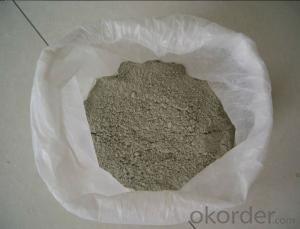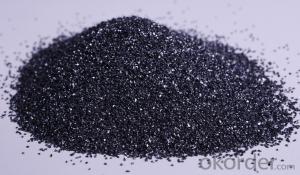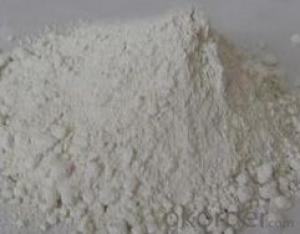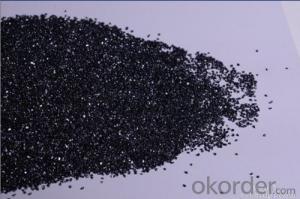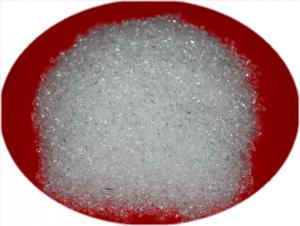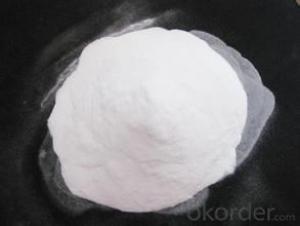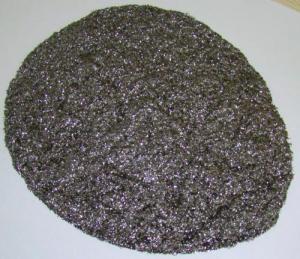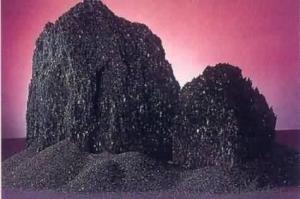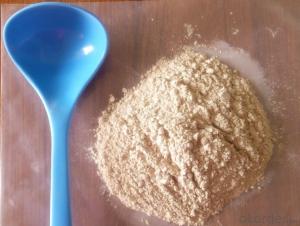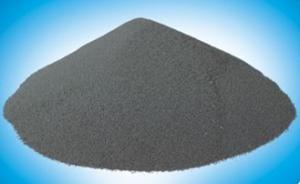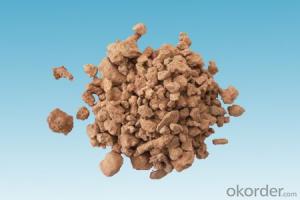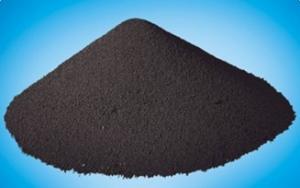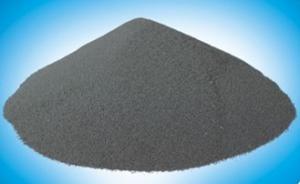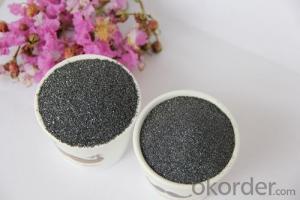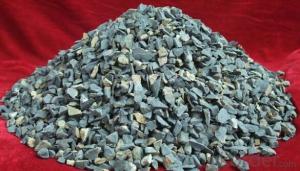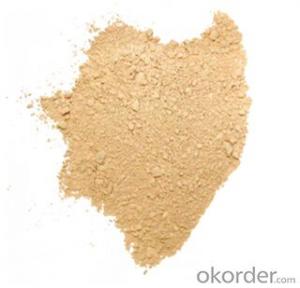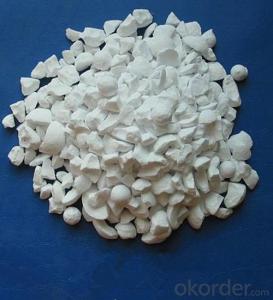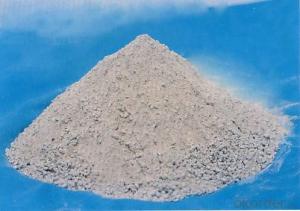All Categories
- - Steel Wire Rod
- - Steel Coils
- - Steel Profiles
- - Steel Pipes
- - Stainless Steel
- - Tinplate
- - Special Steel
- - Steel Sheets
- - Steel Rebars
- - Steel Strips
- - Hot Rolled Steel
- - Cold Rolled Steel
- - Pre-painted Steel
- - Seamless Steel Pipe
- - Welded Steel Pipe
- - Hollow Steel Tubes
- - Galvanized Pipe
- - Stainless Steel Coil
- - Stainless Steel Sheet
- - Stainless Steel Plate
- - Stainless Steel Strips
- - Electrolytic Tinplate Coil
- - Electrolytic Tinplate Sheet
- - Stainless Steel Rebars
- - Solar Panels
- - Solar Water Heater
- - Solar Related Products
- - Solar Inverter
- - Solar Cells
- - Solar Light
- - Solar Energy Systems
- - Solar Controllers
- - Solar Mounting System
- - Solar Pump
- - Solar Chargers
- - Fiberglass Chopped Strand
- - Fiberglass Mesh Cloth
- - Composite Pipes
- - FRP Pultrusion Profiles
- - Fiberglass Mat Tissue
- - Fiberglass Fabrics
- - Fiberglass Mesh
- - Composite Tank
- - Fiberglass Mesh tape
- - Polymer
- - FRP Roofing Panel
- - Fiberglass Roving
- - Monolithic Refractories
- - Ceramic Fiber Products
- - Refractory Bricks
- - Raw Materials For Refractory
- - Suspended Platform
- - Cranes
- - Concrete Machinery
- - Earthmoving Machinery
- - Building Hoist
- - Road Building Machinery
- - Plastic Pipe Fittings
- - Plastic Tubes
- - Plastic Sheets
- - Agricultural Plastic Products
- - Plastic Nets
Q & A
How does the selection of refractory materials affect the performance of industrial kilns and furnaces?
The selection of refractory materials plays a crucial role in the performance of industrial kilns and furnaces. These materials need to withstand high temperatures, chemical reactions, and mechanical stress. Choosing the right refractory material ensures efficient heat transfer, prevents thermal shock, and minimizes material erosion. Additionally, the correct selection can enhance energy efficiency, increase the lifespan of the kilns and furnaces, and reduce maintenance and downtime costs.
What is the purpose of calcium aluminate cement in refractories?
The purpose of calcium aluminate cement in refractories is to act as a binder and provide high temperature strength and stability to the refractory material. It helps to improve the overall performance and durability of the refractory, enabling it to withstand extreme heat and chemical attack in various industrial applications such as steelmaking, cement production, and petrochemical processing.
What is the role of bauxite in refractory materials?
Bauxite is a key component in refractory materials as it provides the necessary alumina content. Alumina is a crucial ingredient in refractory materials as it possesses high heat resistance and helps in maintaining the structural integrity of the material at high temperatures. Bauxite's high alumina content makes it an ideal raw material for the production of refractory bricks, castables, and other heat-resistant products used in various industries such as steel, cement, and glass manufacturing.
Which refractory raw materials have low electrical conductivity?
Some examples of refractory raw materials with low electrical conductivity are alumina (Al2O3), silicon carbide (SiC), and zirconia (ZrO2).
Wholesale Raw Materials For Refractory from supplier in Thailand
Whether you are visiting for business or pleasure, Thailand has something for everyone. From the bustling streets of Bangkok to the tranquil islands of Phuket and Koh Samui, there are endless opportunities for exploration and relaxation.
In terms of culture, Thailand boasts a rich history and is home to numerous ancient temples and historical sites. The Grand Palace in Bangkok, Wat Arun, and Ayutthaya Historical Park are just a few examples of the country's architectural wonders.
When it comes to cuisine, Thai food is renowned worldwide for its bold flavors and fresh ingredients. From savory dishes like pad thai and green curry to sweet treats like mango sticky rice, you will find a wide variety of delicious options to satisfy your taste buds.
Thailand's natural beauty is also a major draw for visitors. The country is home to stunning beaches, crystal-clear waters, and lush national parks. Whether you want to relax on the sandy shores of Krabi, go snorkeling in the Andaman Sea, or explore the jungles of Chiang Mai, there are countless opportunities for outdoor adventure.
Hospitality is a cornerstone of Thai culture, and you will find the locals to be warm, friendly, and welcoming. Whether you need assistance with directions or recommendations for local attractions, the Thai people are always ready to lend a helping hand.
In conclusion, Thailand offers a unique and unforgettable experience for visitors. Whether you are interested in exploring its rich cultural heritage, indulging in its delicious cuisine, or simply enjoying its natural beauty, this beautiful country has something for everyone.
In terms of culture, Thailand boasts a rich history and is home to numerous ancient temples and historical sites. The Grand Palace in Bangkok, Wat Arun, and Ayutthaya Historical Park are just a few examples of the country's architectural wonders.
When it comes to cuisine, Thai food is renowned worldwide for its bold flavors and fresh ingredients. From savory dishes like pad thai and green curry to sweet treats like mango sticky rice, you will find a wide variety of delicious options to satisfy your taste buds.
Thailand's natural beauty is also a major draw for visitors. The country is home to stunning beaches, crystal-clear waters, and lush national parks. Whether you want to relax on the sandy shores of Krabi, go snorkeling in the Andaman Sea, or explore the jungles of Chiang Mai, there are countless opportunities for outdoor adventure.
Hospitality is a cornerstone of Thai culture, and you will find the locals to be warm, friendly, and welcoming. Whether you need assistance with directions or recommendations for local attractions, the Thai people are always ready to lend a helping hand.
In conclusion, Thailand offers a unique and unforgettable experience for visitors. Whether you are interested in exploring its rich cultural heritage, indulging in its delicious cuisine, or simply enjoying its natural beauty, this beautiful country has something for everyone.
Hot Search
- Monolithic Refractories in Portugal
- Ceramic Fiber Products in Dominican
- Refractory Bricks in Cameroon
- Raw Materials For Refractory in Guyana
- Ceramic Fiber Products in Botswana
- Monolithic Refractories in Brunei
- Refractory Bricks in Sweden
- Monolithic Refractories in Cyprus
- Ceramic Fiber Products in Samoa
- Raw Materials For Refractory in Cuba
